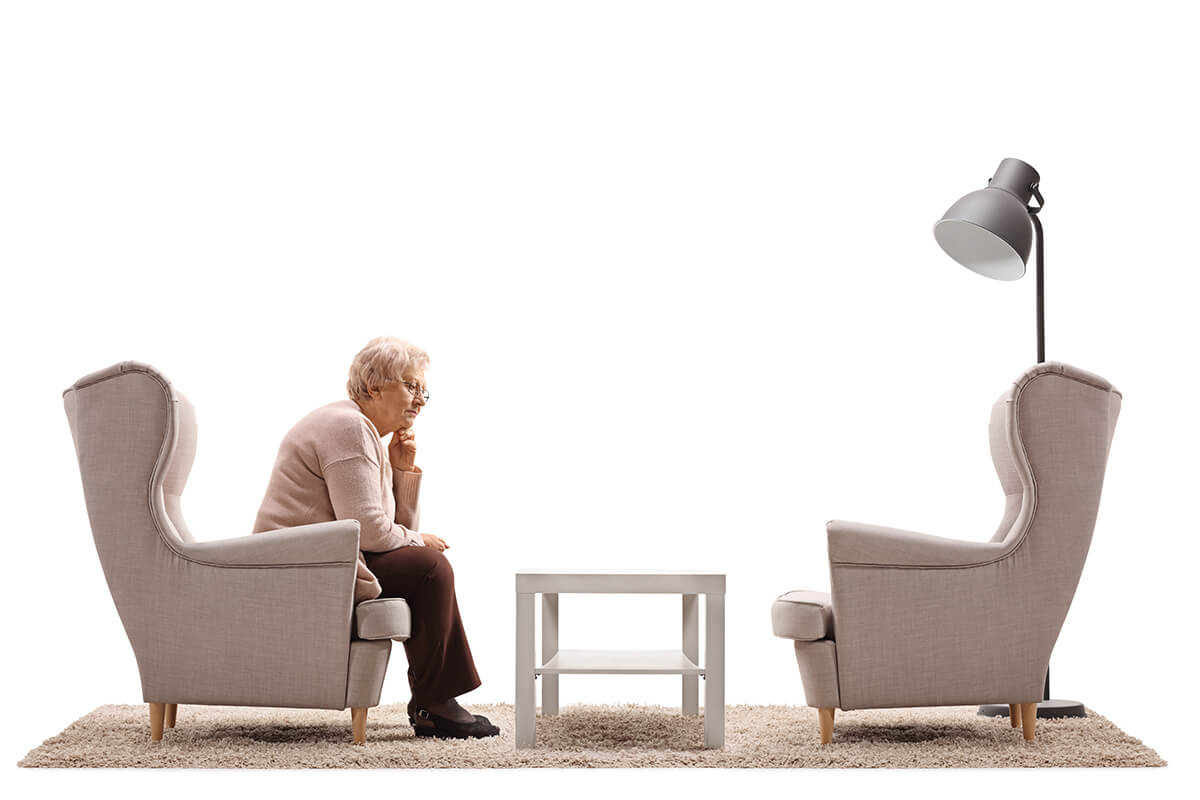The Impact of Loneliness on Seniors
Loneliness occurs in people of all ages but maybe a particular problem in the elderly. A study conducted by scientists at Duke-NUS Medical School (Singapore), Nihon University (Tokyo, Japan), and their collaborators, published in the Journal of the American Geriatrics Society, reveals that loneliness has real, physical consequences.
“We found that lonely older adults can expect to live a shorter life than their peers who don’t perceive themselves as lonely,” summarized the study’s lead author, Assistant Professor Rahul Malhotra, Head of Research at Duke-NUS’ Centre for Aging Research and Education (CARE). “Furthermore, they pay a penalty for their shorter life by forfeiting potential years of good health.”
According to the National Institute of Health, research has linked social isolation and loneliness to higher risks for a variety of physical and mental conditions: high blood pressure, heart disease, obesity, a weakened immune system, anxiety, depression, cognitive decline, Alzheimer’s disease, and even death. Other studies show that older adults reporting social isolation or loneliness show poorer cognitive function four years later.
So what do you do?
Now, more than ever, it’s important to ensure that you stay in regular contact with an older loved one living alone. According to the Administration of Aging, even 15 minutes of interaction a day can mitigate the effects of loneliness of a senior.
There’s a great article by Claire Samuels that was published on the aPlaceforMom website that has some easy solutions to address these issues. Encouraging a senior to engage in volunteer associations in order to lower loneliness will provide a sense of purpose. She also discusses the importance of technology to bridge the distance between family and friends, including, zoom video chats, Netflix parties, and on-line games to promote interaction.
Recognizing that loneliness in seniors can be a significant problem is the first step. The good news is that while addressing this issue is easy, we need to be proactive in our efforts.
- Cacioppo JT and Cacioppo S., Evidence-Based Nursing 2014;17(2):59-60.
- “A Profile of Older Americans.” https://acl.gov/sites/default/files/Aging%20and%20-Disability%20in%20America/2017OlderAmericansProfile.pdf
- https://www.aplaceformom.com/caregiver-resources/articles/senior-isolation-facts
- Other sources: University of Washington. “Caring for Washington’s older adults in the COVID-19 pandemic: Interviews with organization leaders about the state of social and healthcare services.” https://digital.lib.washington.edu/researchworks/bitstream/handle/1773/46272/
For more than 30 years, Attorney Lee A. Drizin has practiced in the areas of estate planning, probate, trusts, guardianship, and real estate matters representing clients throughout the state of Nevada.
Drizin Law is providing this information for educational purposes only. It should not be construed as legal advice or a legal opinion as to any specific facts or circumstances. This information is based on general principles of Nevada law at the time it was created and you should be aware laws frequently change. Moreover, the laws affecting you may differ depending on the circumstances. You should consult with a qualified attorney in your own state or jurisdiction concerning your particular situation. Review of this information does not create an attorney-client relationship.








